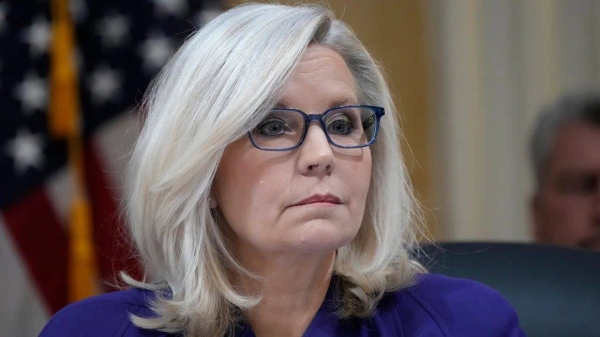
The head of the Government of National Accord (GNA), Fayez al-Sarraj, has urged US President Donald Trump to stop foreign support to the military offensive launched by Libyan National Army (LNA) leader Khalifa Haftar to “liberate” the capital Tripoli.
Writing in the Wall Street Journal, Sarraj said Haftar’s backers were turning Libya into a proxy battleground, risking a war with global implications and further mass migration to Europe.
Hundreds of Libyans had been killed, more than 40,000 had been forced to leave their homes, and “hundreds of thousands” could flee for Europe,” he said.
“To prevent a bloody civil war with global implications, Libya needs the US to help stop other countries from meddling in our affairs,” Sarraj added.
But sources close to Haftar said Washington will not likely heed the GNA chief’s call.
The latest contacts between Trump and Haftar have helped change the US president’s view on the developments in Tripoli, said the sources.
A statement issued by the White House in April said that Trump recognizes “Haftar’s significant role in fighting terrorism and securing Libya’s oil resources.”
It said the two discussed during a phone conversation a “shared vision for Libya’s transition to a stable, democratic political system.”
Sarraj’s office said on Thursday that the GNA leader ended a tour to European countries after visiting Italy, Germany, France and the United Kingdom.
The statement said that Sarraj was back in Tripoli.
Meanwhile, the World Health Organization (WHO) has condemned in the strongest terms an attack on an ambulance in Tripoli that left three health workers injured, one severely.
“This attack on an ambulance with visible logos is a shocking and intolerable violation of international humanitarian law,” said Dr. Syed Jaffar Hussain, WHO Representative in Libya. “Not only did this attack injure key personnel, but the ambulance itself was taken away, thereby depriving patients of future care.”
Since the conflict in Libya escalated in early April, 11 additional ambulances have been impacted or suffered collateral damage, the WHO said.
As the conflict continues into its second month, more than 400 people have died and over 2,000 have been wounded, it added.












